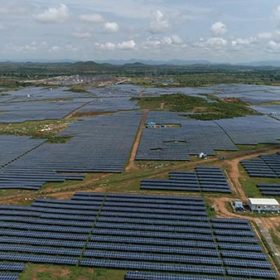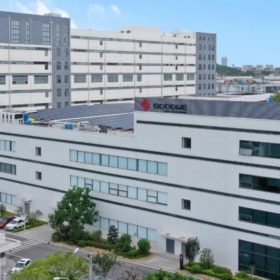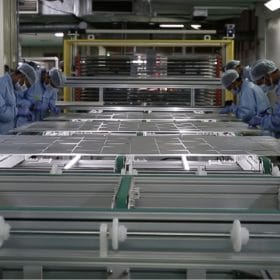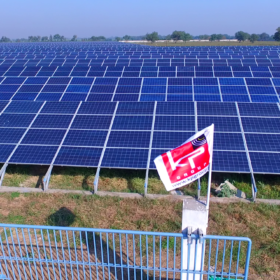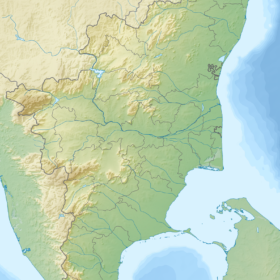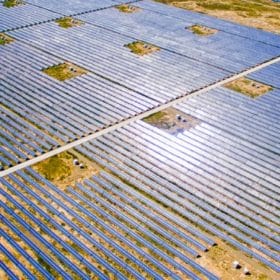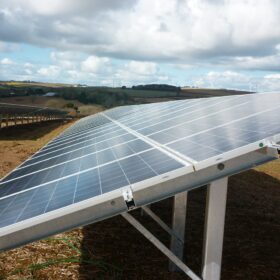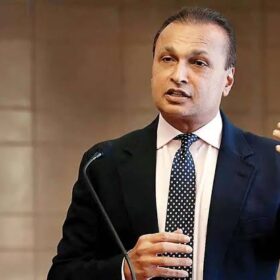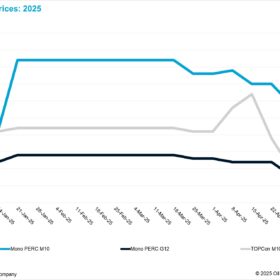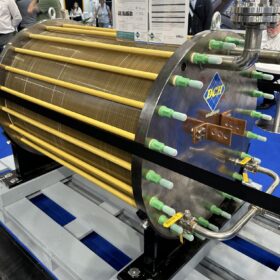Unsigned PPAs halting India’s renewable energy growth
Nearly 19 GW of renewable energy capacity tendered by the Solar Energy Corporation of India (SECI) is on hold due to electric distribution companies’ unwillingness to sign the power purchase agreements. Manufacturing-linked solar projects alone account for a 63% share of the capacity in limbo.
Solar tariff rise due to customs duty would cost to Discoms INR9 billion annually
India’s declining solar tariff trend will see a reversal as the basic customs duty comes into effect. According to India Ratings, tariffs will likely touch INR 2.43 when using imported solar modules with 40% duty applicable, putting an additional cost burden on Discoms.
Renewables’ share in electricity generation must grow 55-fold for India to achieve net-zero emissions by 2050
A new report presents four alternative scenarios for India to achieve net-zero emissions, highlighting that the effort required would be very high for a scenario with 2030 as a peaking year for emissions and 2050 for net-zero.
GoodWe is the biggest rooftop solar inverter supplier in India
The Chinese manufacturer commanded a 17% share of the total 3268 MW of rooftop PV inverter shipments in India in the January-December 2020 period.
Solar tariffs could rise about 20% due to customs duty
The installation cost is set to increase as a 40% customs duty on solar modules, and 25% on cells, comes into effect from next year.
Solar manufacturer wants customs duty waiver to domestic sales by SEZ units
Domestic sales by manufacturing units located within special economic zones (SEZs) are treated as exports, attracting customs duty levy. This puts the SEZ manufacturers at a disadvantage compared to those in the domestic tariff area.
Solar modules to face 40% customs duty, and cells 25%, from next year
India’s finance ministry has approved the proposal to levy the duty from April 2022. Customs notification of the move will be issued at a later date.
KPI Global signs power supply agreements for 13.15 MW solar projects
The Gujarat-based solar developer has signed power supply agreements with nine different industrial customers for PV projects aggregating to 13.15 MW.
Tamil Nadu could save INR 35,000 crore with shift from coal to renewables
A new report suggests that the State shut down 3.1 GW of old coal plants and replace the lost generation with renewables. It also advocates switching from expensive power (tariffs > INR 4/kWh) to renewable energy (which now costs INR 3/kWh or less) and halting the construction of new coal plants.
Sungrow solar inverter sales in India cross 7 GW
The Chinese manufacturer, which has a central and string inverter factory in Bengaluru, sold a minimum 3 GW of the cumulative sales last year alone. Going forward, it has a strong order book for the upcoming solar capacity too.
